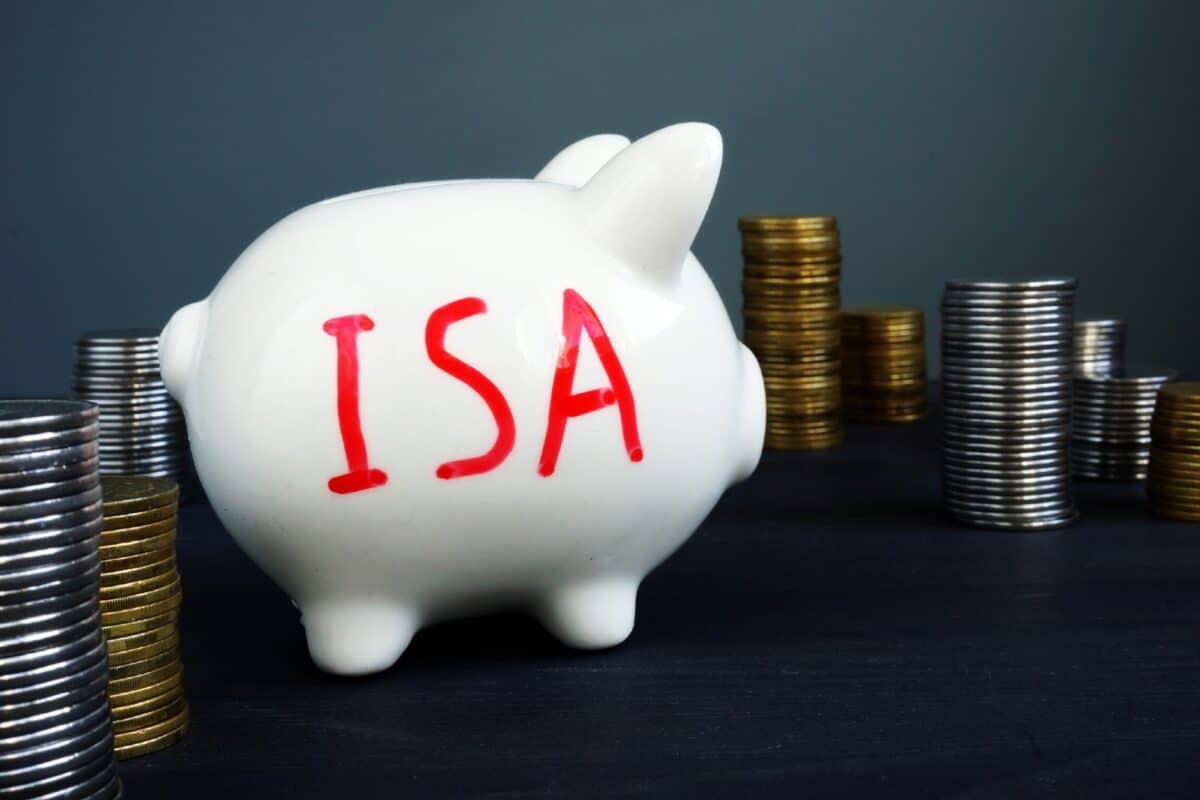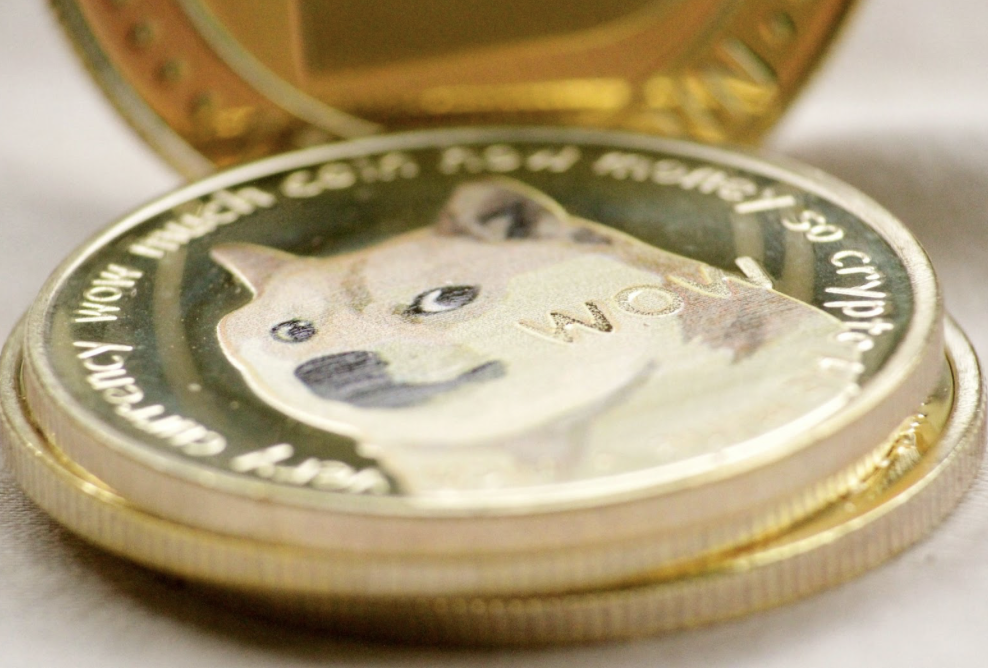Image source: London Luton Airport
The easyJet (LSE:EZJ) share price has had a pretty rough time these past few years. And 2022 doesn’t seem to be any different, so far. Over the last three months, the stock has taken a 15% tumble, dragging its 12-month performance to a disappointing -38% return.
But with the operating environment improving and passenger volumes taking off, is this low valuation actually a buying opportunity for my portfolio? Let’s explore.
5 Stocks For Trying To Build Wealth After 50
Markets around the world are reeling from the current situation in Ukraine… and with so many great companies trading at what look to be ‘discount-bin’ prices, now could be the time for savvy investors to snap up some potential bargains.
But whether you’re a newbie investor or a seasoned pro, deciding which stocks to add to your shopping list can be a daunting prospect during such unprecedented times.
Fortunately, The Motley Fool UK analyst team have short-listed five companies that they believe STILL boast significant long-term growth prospects despite the global upheaval…
We’re sharing the names in a special FREE investing report that you can download today. We believe these stocks could be a great fit for any well-diversified portfolio with the goal of building wealth in your 50’s.
Click here to claim your free copy now!
The bull case for easyJet’s share price
Looking at its latest earnings report, there are plenty of encouraging signs of recovery. Throughout the last three months of 2021, easyJet watched its losses half while simultaneously reducing operating cash burn.
The reduction in losses can largely be attributed to a significant jump in passenger volumes. Throughout the quarter, easyJet operated at 64% of pre-pandemic capacity versus only 18% a year before. This number actually reached as high as 71% in December, despite the negative impact of the Omicron variant on the travel sector.
Being a largely fixed-cost business, these performance improvements were insufficient to turn a profit. However, as I just said, headline losses for the period practically halved, coming in at £213m versus £423m in 2020.
Now that Covid-19 is slowly loosening its grip on the travel sector and the world in general, easyJet’s return to profitability could be imminent. In fact, analyst forecasts suggest this could happen by the end of 2022. But if that’s the case, why is the easyJet share price still limping on?
Problems on the horizon
One of the biggest expenses any airliner has to deal with is fuel. And with oil prices skyrocketing recently, businesses like easyJet are undoubtedly feeling the pinch on margins. Consequently, even if passenger volumes fully recover, the company may not return to the same level of profitability as before. This risk is only further exacerbated by the increased debt burden.
Unfortunately, the problems don’t stop there. The ongoing war in Ukraine also adds fuel to the fire, albeit indirectly. With Germany seeking to eliminate its heavy reliance on Russian oil, the government has relit many of its coal power plants. The strategy seems to be working from an electrical generation standpoint. But the impact on the environment is far more severe due to the surge in carbon emissions.
Consequently, this is driving up the price of the European Carbon Allowance. In other words, the taxes on carbon emissions are going up. Currently, airliners like easyJet have an exemption from this tax. But it seems the European Commission is currently seeking to phase out this exemption. And with the company’s operations based almost entirely within Europe, profit margins could soon be under even more pressure. Needless to say, that’s bad news for the easyJet share price.
Time to buy?
At the current share price, easyJet has a market capitalisation of around £4bn. Compared to the £5.3bn revenue forecast for 2022, this valuation certainly looks cheap. At least, that’s what I think.
But personally, I remain untempted by this potential opportunity. With so many external forces influencing its future profitability, the company doesn’t appear to be in charge of its own destiny. And that’s not something I’m interested in adding to my portfolio.
Credit: Source link














